Can ceramics be washed in the dishwasher?
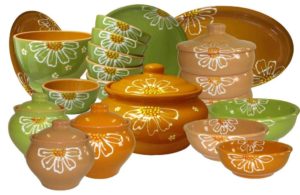 Everyone knows that ceramics come in different varieties. Some products are considered completely unpretentious, while others need to be handled carefully. In any case, before washing ceramic dishes in the dishwasher, you need to find out exactly whether they will withstand such a wash or whether it is better not to risk it, especially since ceramics can be expensive and rare. Let's find out everything in order.
Everyone knows that ceramics come in different varieties. Some products are considered completely unpretentious, while others need to be handled carefully. In any case, before washing ceramic dishes in the dishwasher, you need to find out exactly whether they will withstand such a wash or whether it is better not to risk it, especially since ceramics can be expensive and rare. Let's find out everything in order.
Ceramic products for dishwasher
When purchasing this or that ceramic cookware, pay attention to the information that the manufacturer indicates on the packaging. Often the manufacturer himself directly speaks about the possibility or impossibility of automatically washing ceramic products, but if such information is not available, look at the features of the material from which the dishes are made.
- Pottery that is not glazed does not withstand washing in the dishwasher well. Pots, teapots, and bowls made of clay absorb the chemicals of detergents from the dishwasher very well and after the first wash they will be dangerous to use for cooking. Clay is a porous, highly absorbent material. If clay products are not protected by glaze, it is better not to wash them in a machine.
- Terracotta cookware is also not dishwasher safe for the above reasons. But if terracotta cups and saucers are glazed, they will pass the dishwasher test.
It is better not to wash glazed dishes with Khokhloma paintings, Gzhel and earthenware in the dishwasher, or wash them at a low temperature, otherwise the design will fade and deteriorate over time.
- Some people recommend machine washing porcelain at low temperatures, but we wouldn't advise you to do this. Vibrations created by the machine during operation negatively affect the structure of the material. After just 5-7 washes, the porcelain will become covered with microcracks, and after 10 washes it will lose its decent appearance.
- It is also better not to introduce majolica and chamotte to the dishwasher. Products made from fireclay, like clay, absorb chemicals no worse than sponges, and majolica can generally lose its magnificent glaze in 2-3 washes. Ugly chips will appear on the cups and saucers, which will force you to write off the products for the dacha or even for a landfill.
It turns out that in order for ceramics to withstand the harsh conditions created in the washing chamber of a dishwasher, it must have protection. The glaze must completely cover the porous material, excluding its contact with a chemically aggressive environment. It is better to wash fragile items by hand, especially porcelain. Expensive dishes made of fine porcelain can be seriously damaged by just one car wash, not to mention repeated exposure.
Washing products by hand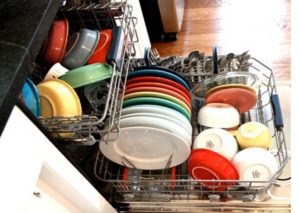
Unglazed clay is quite capricious. It can absorb not only chemicals, but also fat, which can then be very difficult to wash off. You can, of course, soak oily clay dishes in a basin with a solution of detergents, but then these detergents will be absorbed into the material and there will be problems. It is best to soak oily clay dishes in boiling water for 5-10 minutes, and then thoroughly wash them. First, we pour hot water over the dishes so that they do not crack due to a sudden temperature change, and then we soak them in boiling water.
Porcelain loves gentle hand washing without the use of any chemicals.Very hot water should also not be used, as it can cause microcracks in delicate porcelain dishes. In general, when washing ceramic products, be very careful, take your time, so that the expensive item does not slip out of your hands and break.
More durable modern earthenware, such as duck pots, saucepans, goose pans, Turks, or even a ceramic “ketsi” frying pan, is washed in the usual way using a small amount of detergent. But still, chemistry should be used very limitedly, and it is better not to use it at all, unless there are compelling reasons. The more natural the ingredients that ceramic dishes come into contact with, the healthier those who eat from them will be.
So, we are convinced that many ceramic products will not benefit at all, but rather even suffer, if you wash them in the dishwasher. Always make sure that the manufacturer allows machine washing before loading ceramic products into baskets. There is no certainty, it is better not to take risks. If you want to know more, Is it possible to wash cast iron cookware in the dishwasher?, read the article of the same name posted on our website. Good luck!
Interesting:
Reader comments
- Share your opinion - leave a comment
Categories
Washing machine repair
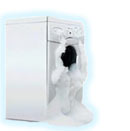

For buyers

For users

Dishwasher



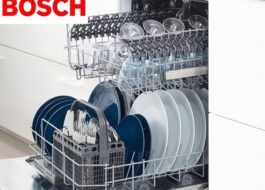

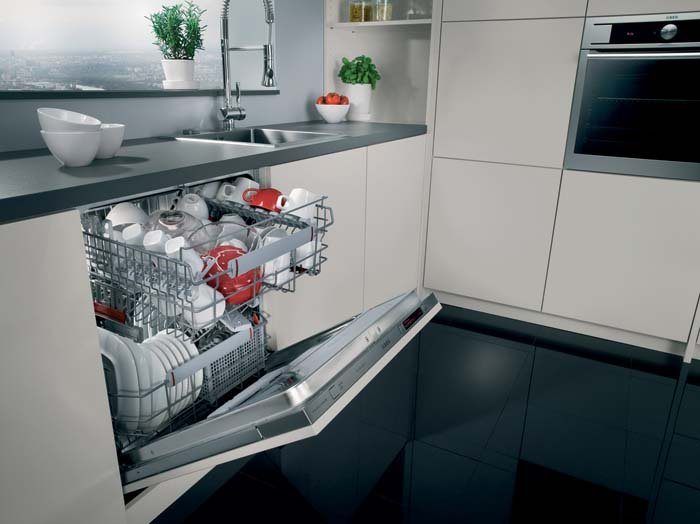
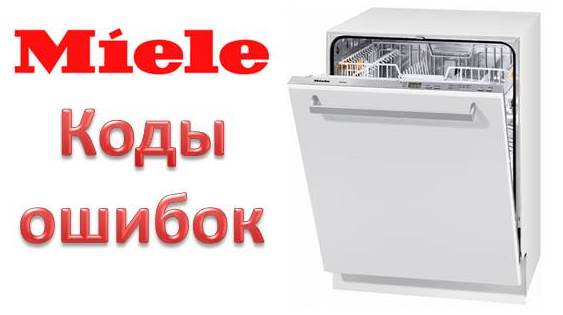




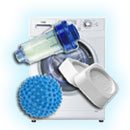


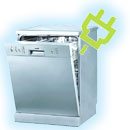


Add a comment